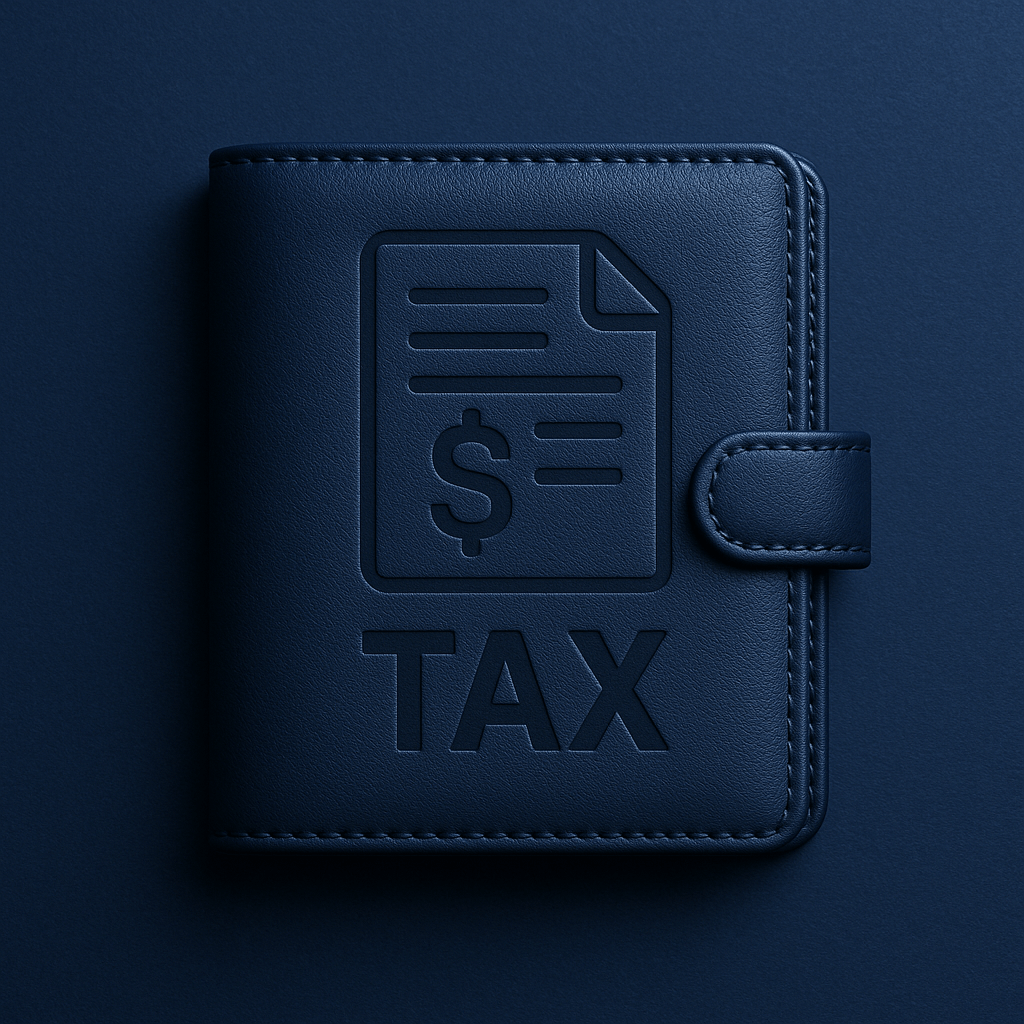Circular 1/2021 – Payment to a Parent Company for Granting Equity Instruments to Subsidiary Employees in International Transactions
One of the most common employee compensation methods is equity compensation through stock options. Often, this compensation is not provided through shares of the employing company itself, but through shares of the parent company or another company within the same group. This is done through recharge agreements.
In such cases, the company needs to pay the granting company. The classification of this payment creates uncertainty for many taxpayers. They are unsure whether the payment is reimbursement for salary expenses or a dividend. To provide clarity on this issue, the Israel Tax Authority published Income Tax Circular 1/2021. The circular details which classification is appropriate in different scenarios.
What is a Recharge Agreement?
A Recharge Agreement is an agreement that regulates the allocation of equity instruments (options or shares) between two companies in a group. Typically, the granting company is the parent company in the group, but not necessarily.
The reasons for using this type of agreement are varied, the main ones being:
- The parent company’s unwillingness to dilute its holdings in the subsidiary.
- Employees’ preference to hold options of a publicly traded company rather than options of a non-traded company.
What does Income Tax Circular 1/2021 establish regarding Recharge Agreements?
The circular establishes four conditions which, when met, allow the payment to be considered as reimbursement for salary expenses. If these conditions are not met, the payment will be classified as a dividend.
First and foremost, the reimbursement must be up to the amount of salary expenses recorded in the employer company’s financial statements for granting the equity instruments, final and not contingent on further work, and agreed upon in advance. This means the companies must sign a reimbursement agreement before work begins.
Additionally, the payment must meet several conditions:
- The payment to the granting company should only be for options or shares that have vested.
- The payment to the granting company for each vested option or share is according to the value determined for it in the accounting records, following accepted accounting principles.
- The payment to the granting company is made under an agreement that was signed in writing prior to granting the equity instruments.
- All expenses related to granting the equity instrument were included as an expense/cost in accordance with the provisions of Section 85A of the Ordinance and the Kontera ruling.
If the payment exceeds these conditions, it is classified as a dividend. It’s important to emphasize that these conditions apply not only to payments to the parent company but also to payments to another company belonging to the same group (and therefore having special relationships between the companies).
Background to Circular 1/2021
In the Supreme Court’s 2018 Kontera ruling, it was determined that when employees’ salaries are partially paid in options, the salary expense for the options component, as recorded in the accounting records, should be considered as a cost in calculating the company’s taxable income. This means the cost of allocating options to subsidiary employees generally forms part of the cost basis used to calculate the subsidiary’s profit when providing services to the parent company.
For example, in an international transaction between companies with special relationships, the transaction must be reported according to market conditions. This means the pricing of the service provided by the company must be in accordance with market prices. In this case the pricing should be according to the “cost+” approach. The Kontera ruling establishes that the service cost pricing must include the employee compensation component through options since it is an employee salary cost. Therefore, this component will be calculated as cost + the market pricing percentage for the service in question.
However, the Kontera ruling did not address situations where the options themselves belong to the foreign company.
This brings us to the tax issue at the heart of the matter.
The question arises in which cases payments by the employing company (usually the Israeli company) to the parent company that allocated equity instruments to employees constitute reimbursement for the allocation that the parent company bore instead of the company, and when these payments will be classified as dividends.
The Tax Authority has often discovered that reimbursements were made in amounts much higher than what was reported in the Israeli employing company’s profit and loss statements – a difference which, according to the Tax Authority, could be classified as dividend distribution subject to tax.
We should note that according to the Tax Authority’s position, reimbursement from an Israeli company to a foreign company as debt repayment that is not subject to tax is a reportable position (see Reportable Positions 2019). The purpose of the circular, as mentioned, is to regulate when reimbursement is taxable and when it is not.
What are the practical implications?
The purpose of the circular is to regulate the working methods between related companies and encourage them to work in an orderly manner according to predefined and fixed agreements. This is to prevent misuse of the reimbursement mechanism to reduce the tax liability of companies in Israel.
The circular clearly outlines the boundaries defining cases where recharge payments are payments for salary expenses or alternatively when they are dividends. Even in cases where the payment exceeds the circular’s provisions and will be taxable as a dividend, at least it will not be possible to determine an alternative assessment for it, providing some certainty to taxpayers.
For more information on transfer pricing, click here.
Nimrod Yaron & Co. specializes in Israeli and international taxation, including Recharge agreements and transfer pricing. To contact a representative from our office, click here.
Questions and Answers
What is a Recharge Agreement?
An inter-company agreement that regulates the inter-company payment for the allocation of options or shares of one company to employees of another company in the group.
When is a payment under a Recharge Agreement considered reimbursement for salary costs?
When the agreement meets the conditions detailed in Circular 1/2021, such as signing an agreement prior to the allocation.
What is the risk of not signing a Recharge Agreement in advance?
The payment may be considered a dividend.









